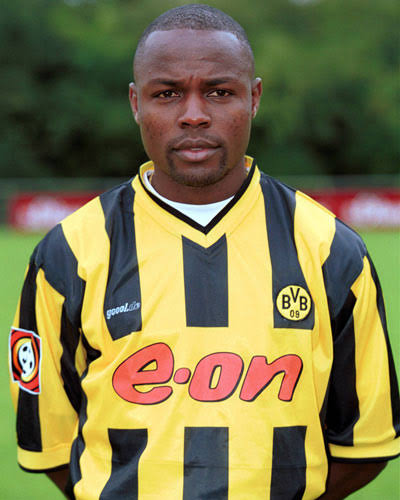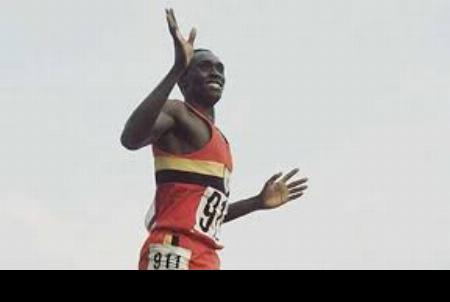Abebe Bikila
Abebe Bikila
Number of Views: 7,189 Views
Country: Ethiopia
Category: Sport
Date of Birth: Aug
7 1932
Education
Bio Description
On August 7, 1932, Ethiopian athlete and double Olympic gold medalist, Abebe Bikila, was born. He made history after running barefoot and winning the marathon during the 1960 Summer Olympic Games in Rome, Italy. His decision to run barefoot was as a result of the new running shoes he bought in Rome which did not fit and gave him blisters.
For winning the gold medal, the Ethiopian athlete’s name entered the Guinness Book of World Records as the fastest marathon run in bare feet. Abebe ran the race in 2 hr, 15 min, 16.2 sec, on September 10, 1960. He also made history as the first Ethiopian and sub-Saharan African to win an Olympic medal.
Abebe’s world recognition did not end in 1960. In 1964, the legendary athlete competed in the marathon during the 1964 Olympic world games in Tokyo where he broke his record by winning the race. The win made him the first athlete in the world to win an Olympic gold medal in the marathon simultaneously and the first to break the world record again.
Abebe was a pioneer in long-distance running in Ethiopia setting the standard for many more Ethiopian and African athletes to make Africa proud during world marathon and sporting events.
Abebe enjoyed fame by joining campaigns, going on special visits and making money from endorsements. Unfortunately for him on March 22, 1969, he was involved in a severe car accident while driving his Beatle. The accident left the athlete paralysed. Through therapy, he was able to regain control over his upper body but was confined to a wheelchair until he died.
The paralysed record-breaking gold medalist played table tennis and archery and competed in the 1970 Stoke Mandeville Games in London while receiving treatment. In 1971, he won the cross-country sleigh-riding event in Norway during a competition for the disabled.
Abebe passed away at the age of 41 on October 25, 1973, after suffering from a cerebral haemorrhage complication due to his earlier accident.
Before gaining world recognition, Abebe was locally known as a good horse rider, swimmer and Gena-hockey player. He was born in a small village called Jato and joined the military at the age of 17. He rose through the ranks and became a Captain in the guards of the Emperor.
He was honoured with a military burial and Emperor Haile Selassie declared the day as a national day of mourning. The Abebe Bikila Stadium in Addis Ababa and other landmarks were named after him.
Even though long dead, his name and legacy still lives on in the memory of many Africans and athletes around the world.







